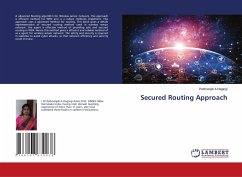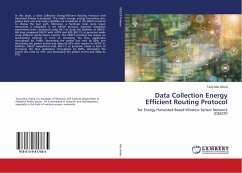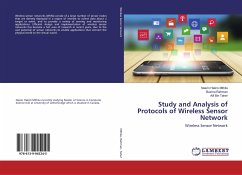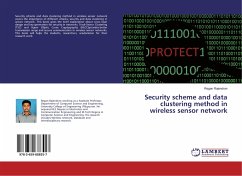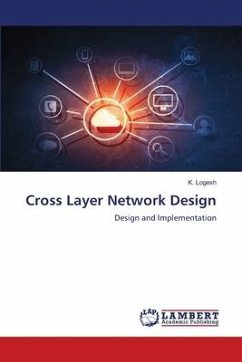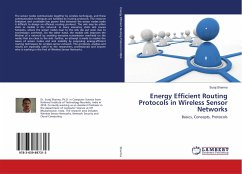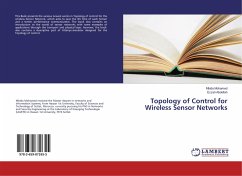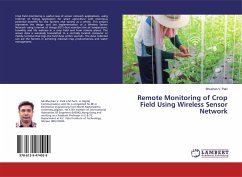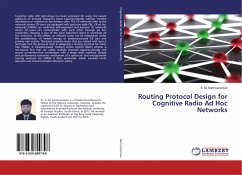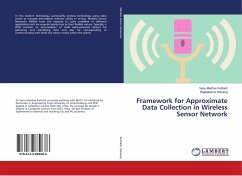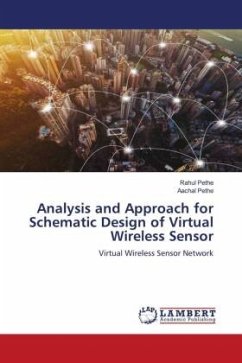
Analysis and Approach for Schematic Design of Virtual Wireless Sensor
Virtual Wireless Sensor Network
Versandkostenfrei!
Versandfertig in 6-10 Tagen
60,99 €
inkl. MwSt.

PAYBACK Punkte
30 °P sammeln!
A wireless sensor network is a promising communication technique in many fields of applications. Still, the energy-constrained characteristic of sensor nodes is one of the critical issues we must consider in designing a network. In each network, the node is typically powered by a battery with a limited energy supply, in such case cooperative broadcasting using virtualization of resources plays a significant role in saving transmission power consumption. Sensor networks have limited resources and often support large-scale applications that need scalable propagation of sensor data. This proposed...
A wireless sensor network is a promising communication technique in many fields of applications. Still, the energy-constrained characteristic of sensor nodes is one of the critical issues we must consider in designing a network. In each network, the node is typically powered by a battery with a limited energy supply, in such case cooperative broadcasting using virtualization of resources plays a significant role in saving transmission power consumption. Sensor networks have limited resources and often support large-scale applications that need scalable propagation of sensor data. This proposed work is meant for providing the architecture, for scalable and adaptive communication in large-scale sensor networks, also for enhancing the utility of the wireless communication Sensor Network using virtual concepts and virtual Network platforms. Virtualization of resources is gaining much more importance in the field of communication for better Resource utilization.



